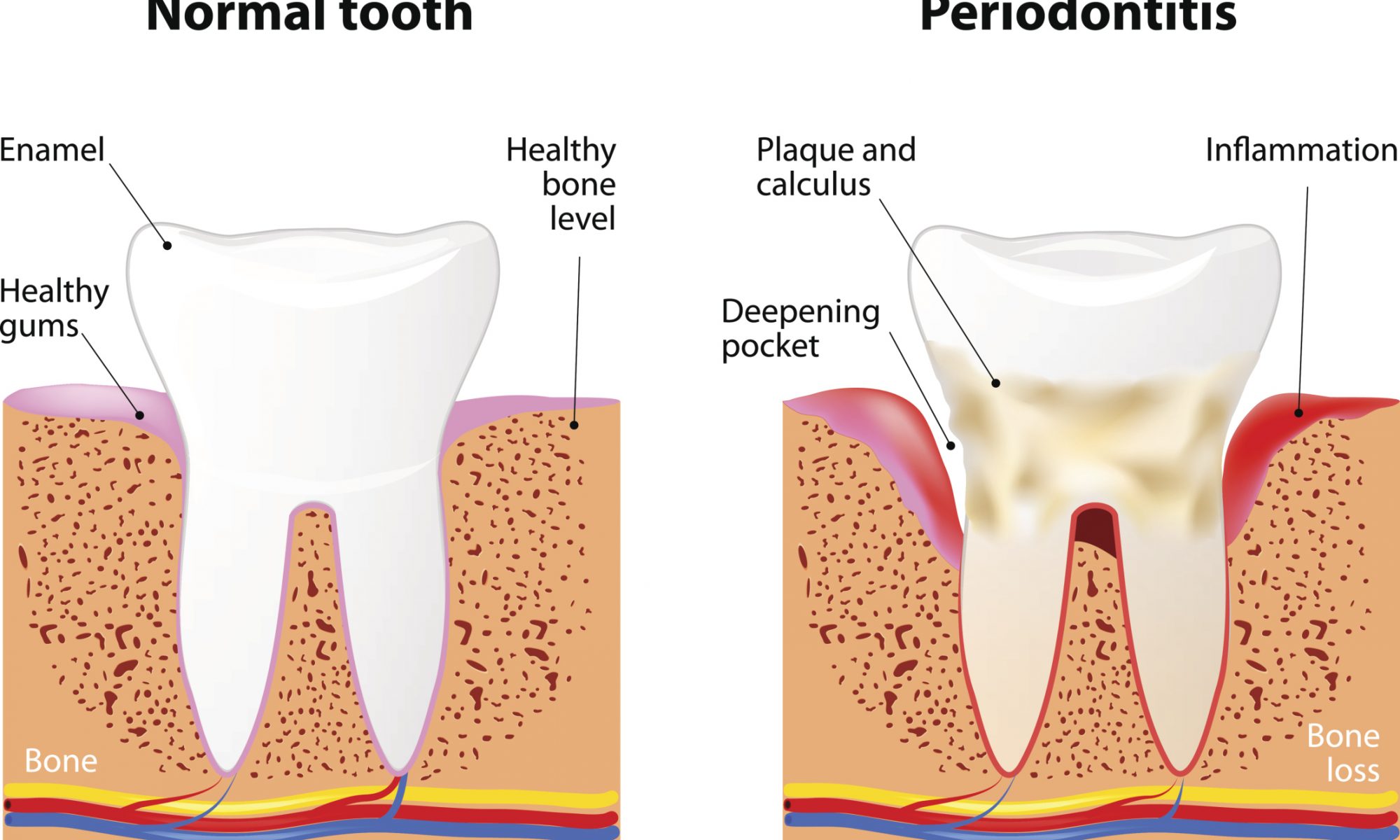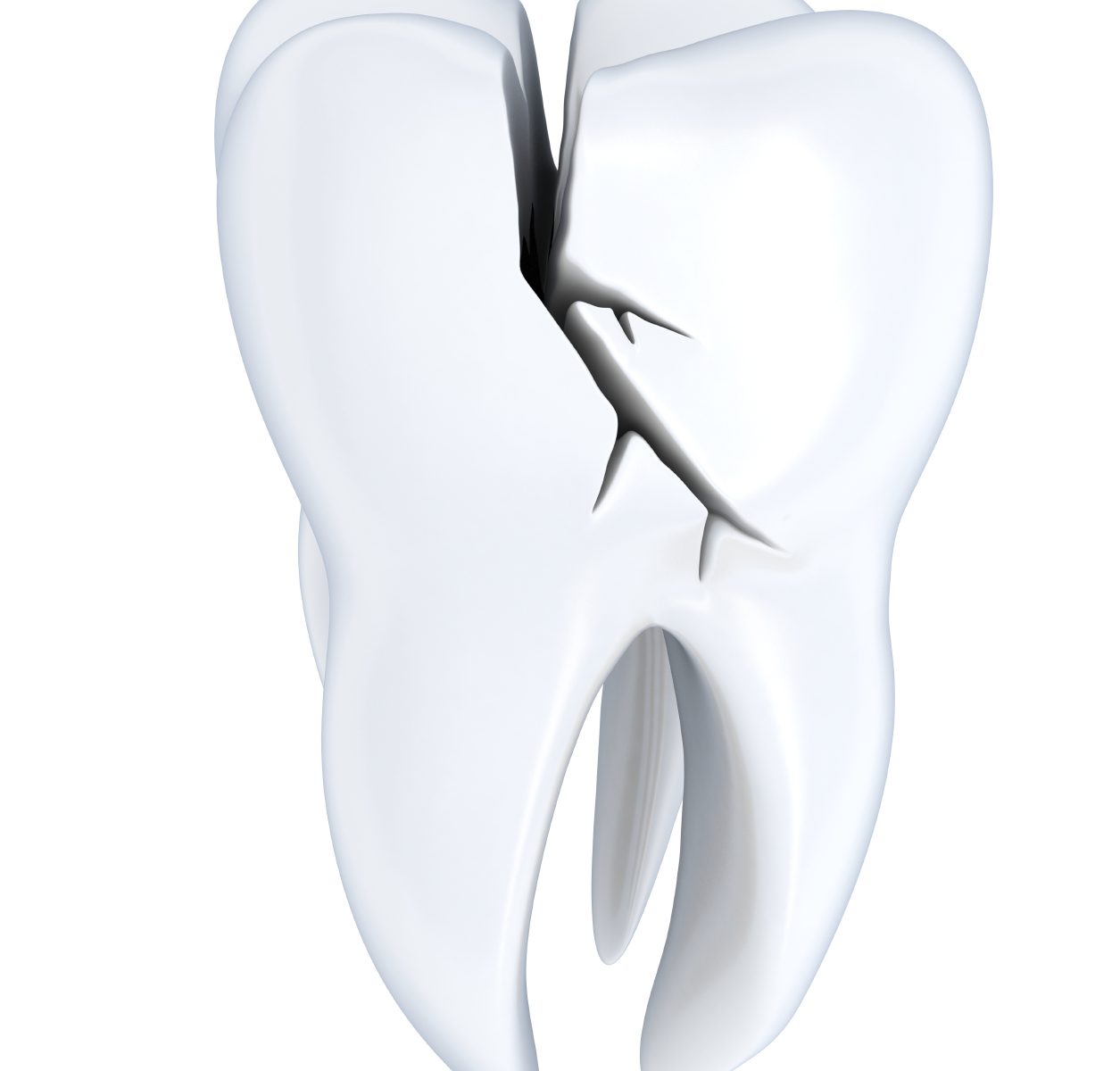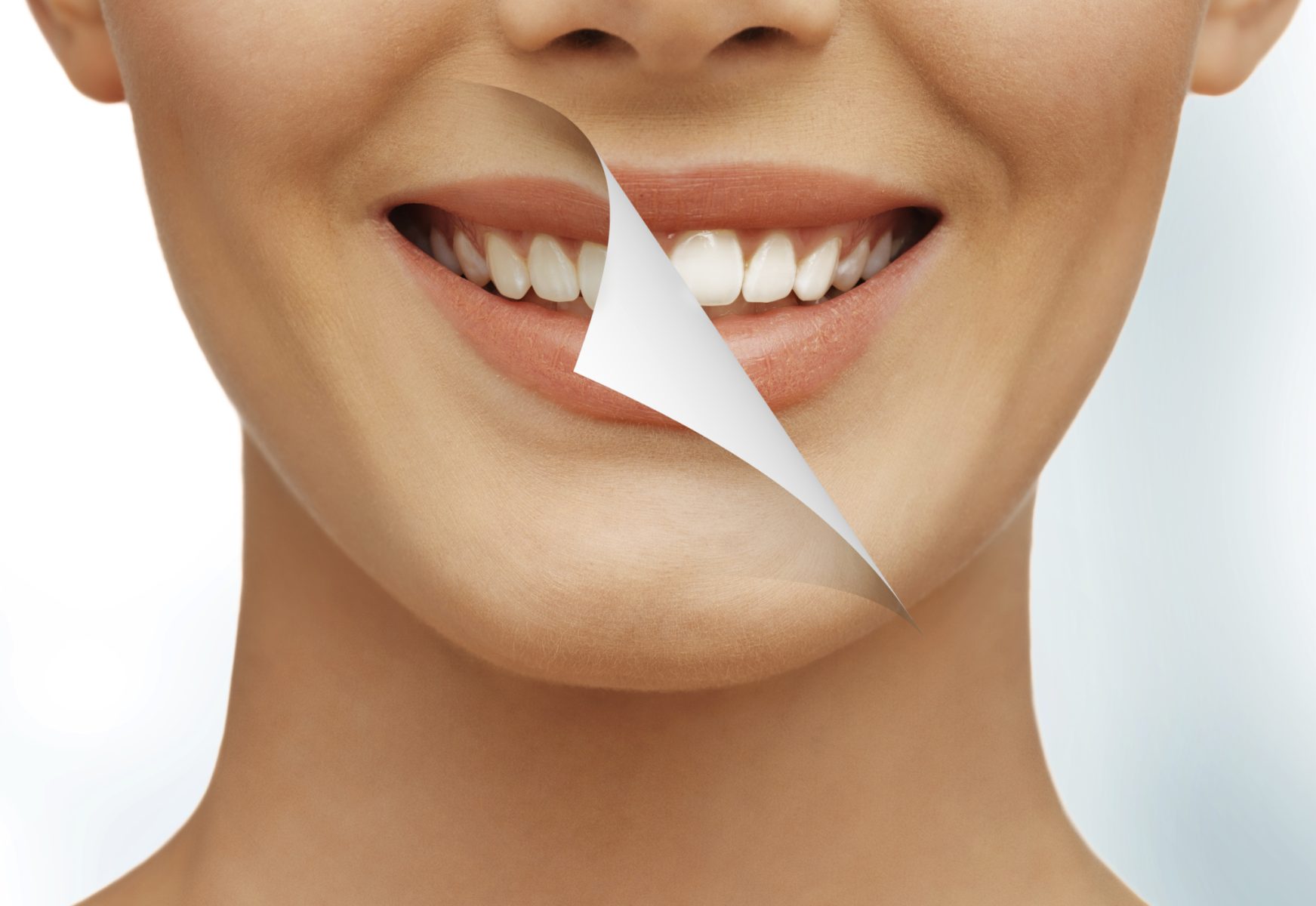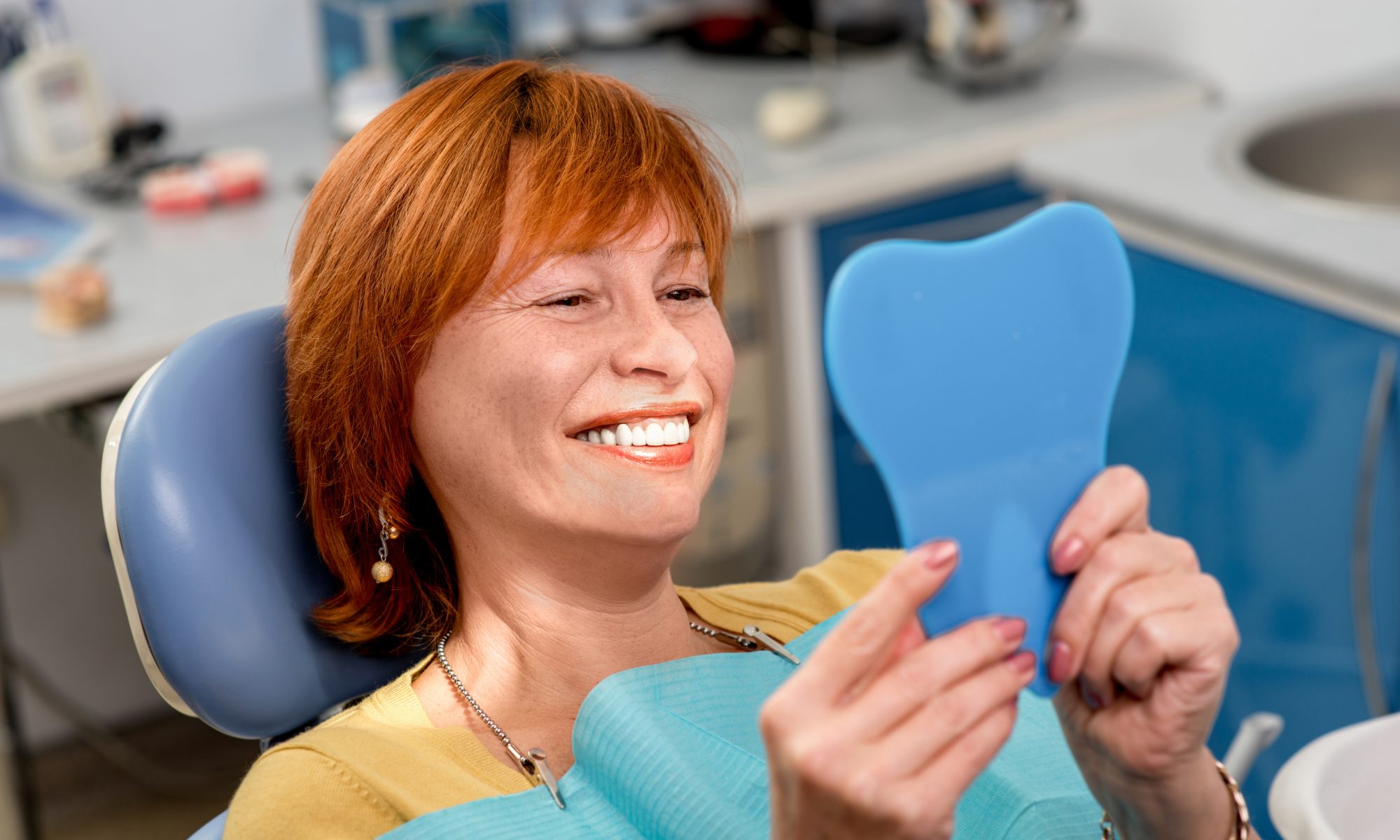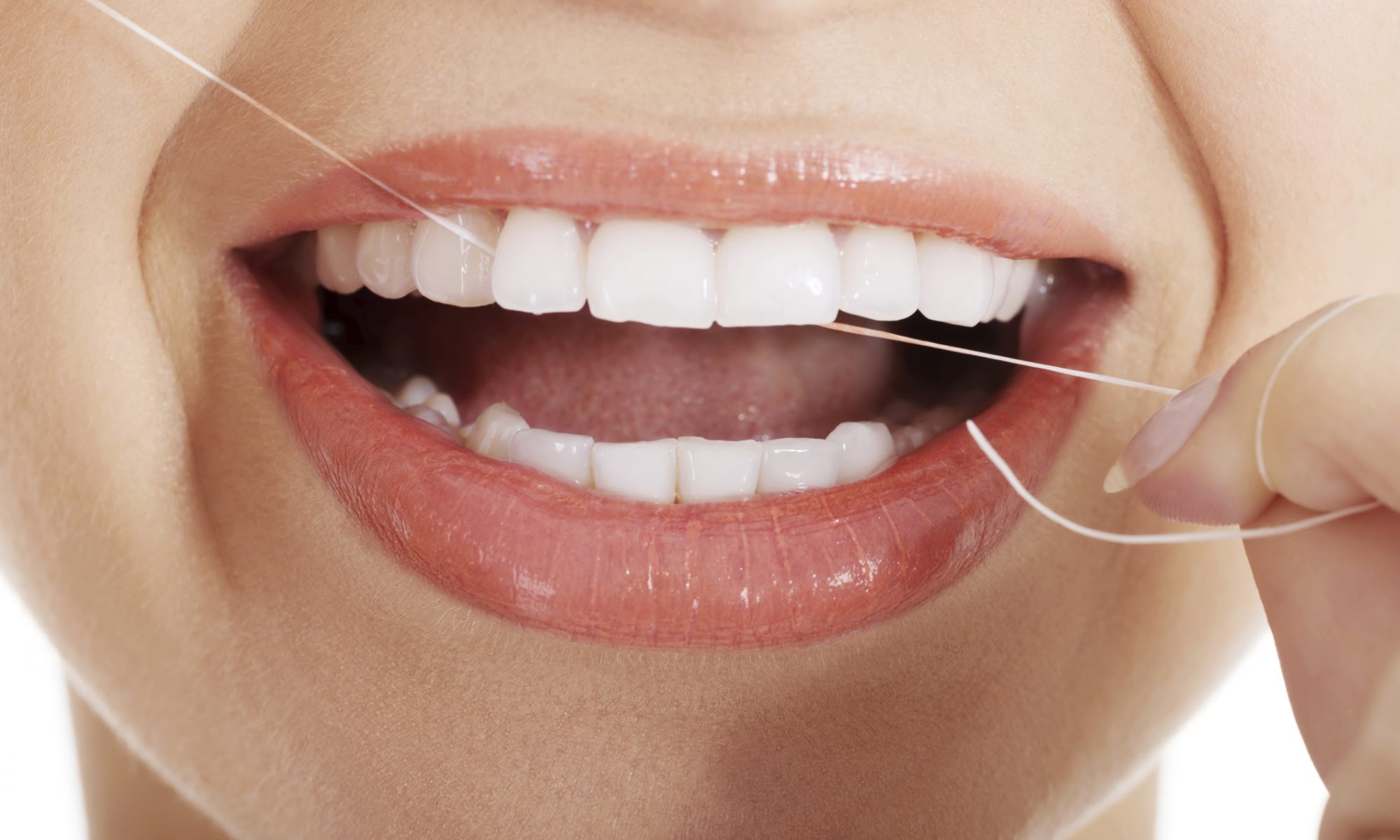Our oral health is a crucial aspect of our overall well-being, and paying attention to the signs of potential issues is essential. One common concern that often goes unnoticed is oral infection. In this blog post, we will explore the various signs that may indicate the presence of an oral infection and why it’s vital to address these issues promptly.
Continue reading “The Tell-Tale Signs of an Oral Infection | Kenilworth Dentist”The Different Ways a Tooth May Crack | Kenilworth Dentist
A smile is often considered one of the most powerful expressions, but what happens when that smile is marred by the unexpected – a cracked tooth? The human dentition, while resilient, is not impervious to damage. In this article, we delve into the various factors that contribute to the cracking of teeth, shedding light on the silent culprit behind this common dental concern.
Continue reading “The Different Ways a Tooth May Crack | Kenilworth Dentist”What Tooth Discoloration Says About Your Oral Health | Kenilworth Dentist
Maintaining proper oral health is not only crucial for a bright smile but also for overall well-being. One often overlooked indicator of improper oral health care is tooth discoloration. Discoloration can manifest in various ways, ranging from yellowing to brown spots, and can be a warning sign of underlying issues that demand attention.
Continue reading “What Tooth Discoloration Says About Your Oral Health | Kenilworth Dentist”Gum Restoration Surgery: The Pinhole Technique | Kenilworth Dentist
Gum recession is a common dental issue that can lead to sensitivity, aesthetic concerns, and even tooth loss if left untreated. Traditional gum grafting procedures have long been the go-to solution, but advancements in dental techniques have introduced a minimally invasive alternative – Pinhole Gum Restoration Surgery.
Continue reading “Gum Restoration Surgery: The Pinhole Technique | Kenilworth Dentist”Understanding Dental Anxiety & How To Overcome It | Kenilworth Dentist
Dental anxiety is a common concern that affects individuals of all ages, preventing many from seeking the dental care they need. The fear of dental procedures can lead to postponed appointments, deteriorating oral health, and unnecessary discomfort. In this blog post, we’ll explore the roots of dental anxiety and provide practical tips to help you overcome it, ensuring a positive and stress-free dental experience.
Continue reading “Understanding Dental Anxiety & How To Overcome It | Kenilworth Dentist”A Closer Look At The Anatomy of The Human Mouth | Kenilworth Dentist
The human mouth is a marvel of biological engineering, serving a multitude of essential functions that go far beyond mere communication. This intricate structure plays a vital role in our ability to eat, breathe, and express our emotions. In this blog, we will take a closer look at the anatomy of the human mouth and the various components that make it such a versatile and indispensable part of our bodies.
Continue reading “A Closer Look At The Anatomy of The Human Mouth | Kenilworth Dentist”How IV Sedation Can Help People Through Their Dental Anxiety | Kenilworth Dentist
If you experience a physical reaction to the idea of certain stimuli being triggered by going to the dentist, you may have dental anxiety. Dental anxiety is common among kids and adults alike. When dentists perform restorative procedures, there are typically a variety of sedation options available to the individual. The two main ones are nitrous oxide and intravenous (IV) sedation. The inhalation of nitrous allows a patient to relax, but IV sedation can guide the patient into a deeper relaxation and in some cases, lull them to sleep.
Whether someone has had a bad experience at the dentist or not, IV Sedation can help put you at ease when the need for a dental procedure arises.
The following are the benefits of utilizing IV sedation for sleep dentistry.
- Administration of the drug is provided by a ___ and tailored to the patient’s needs
- The results of IV sedation are reliable and the most effective means of sedation
- If you are particularly sensitive to your gag reflex, IV sedation will relax the reaction, but your dentist may recommend nitrous oxide
- In contrast to general anesthesia, IV sedation is safer and allows you to retain consciousness.
- Due to the amount of control, your practitioner has with the dosage of IV administered, your recovery time is shorter than with oral sedation.
Remaining consistent with your oral health in your daily life, as well as with regular check-ups, are the best way to avoid unfavorable experiences at the dentist. If you do enter into a restorative process, discuss your concerns with your dentist to see if IV sedation may be right for you.
For more information regarding dental exams, contact Drs. Freund and Waterloo today at 847-251-8990 or visit www.villagedentalpc.com.
Drs. Chad Freund and Cathy Waterloo proudly serves Kenilworth and all surrounding areas.
A Guide to Cavities: What You Need To Know | Kenilworth Dentist
Cavities are part of health and hygiene discussions from the moment we begin brushing- or throw a fit about it. Cavities are preventable and treatable; it’s important to be aware of what causes cavities and how dentists treat them. Here are some top things to know about cavities, and how they re treated.
How Do Cavities Happen?
Sugar– While sugar doesn’t cause cavities, like citric acid, it contributes to the likelihood you may develop one. Sugar is a harmful bacteria’s favorite food, so the longer sugar lingers on your teeth, the more likely that bacteria will begin to eat it. This weakens your enamel and creates opportunities for that harmful bacteria to hang around and cause a cavity.
Acidic Foods– Citric acid contained in lemons, limes and oranges also pops up as an ingredient in processed foods. Citric acid and others weaken teeth and put enamel in danger of erosion which in turn creates crevices for bacteria to stick and become a cavity. It would be difficult to avoid citric acid, so the best thing you can do is consume water throughout the day and keep the intake of acidic foods to a minimum.
Children and Cavities
Believe it or not, children are not more prone to develop cavities than adults, but there are factors that may put children and elderly individuals at more risk for tooth decay. Children tend to crave and eat sugary foods while doing a poor job brushing their teeth. The elderly tend to take medication that reduces the amount of saliva they produce thus reducing the neutralization properties of saliva. Drinking water throughout the day and regular dental visits can help both children and their grandparents to reduce the chances harmful bacteria may cause a cavity.
How Are Cavities Treated?
If you wake up to a toothache or notice black spots on a tooth, you may have a cavity. Cavities are a common occurrence and dentists have several means of treating them. Treatment options vary depending on how advanced the tooth decay has become.
Simple Decay- Fluoride treatments and fillings are viable treatment options if the cavity is in its early stages. Your dentist will apply a solution to the decaying tooth to kill harmful bacteria and place a filling where the cavity was to seal the area to prevent further decay. This is a fairly simple and painless method for cavity removal, as well as the most common treatment option.
Serious Decay- If the cavity has progressed beyond the ability for a fluoride treatment to remove the bacteria, crowns, root canals and tooth extraction are a dentist’s next line of defense. Crowns are custom coverings for decaying teeth; typically made from porcelain, they work to strengthen your effected tooth once the bacteria has been removed. If the decay reaches the inner tooth, or pulp, your dentist will remove the pulp, medicate it to clear any infection and add a filling. Tooth extraction is a last resort option when the decayed tooth is beyond restoration. Your dentist may recommend a bridge or implant for the gap.
For more information regarding dental exams, contact Drs. Freund and Waterloo today at 847-251-8990 or visit www.villagedentalpc.com.
Drs. Chad Freund and Cathy Waterloo proudly serves Kenilworth and all surrounding areas.
How Smiling Effects Your Relationships and Overall Well-Being | Kenilworth Dentist
There is no official evidence supporting the adage “it takes more muscles to frown than to smile” but there is evidence to support the positive effects of a smile. Everything in the human body is connected, and smiles have real-life implications for our physical and mental health. Friends may even encourage one another to smile during difficult times; that is because even a fake smile produces real endorphins.
It is important to note however that there are individuals who experience smile anxiety and may hesitate to share in this exchange. Smile anxiety occurs when an individual becomes reluctant to smile in public because he or she dislikes, or is embarrassed by, the aesthetic appeal of their smile. There are many factors that may cause someone to feel this way including trauma, decay, or the way in which their adult set has grown.
Smiling and Our Relationships. People who smile more often are seen as being more approachable, likable, creative, and productive. Smiling can also have a “ripple effect” as one person’s expression of joy can cause an onlooker to also feel joy and smile too. The next time you are out with friends, or a loved one could use a pick-me-up, remind them of their positive attributes and share a smile with them!
Smiling and Our Health. When we smile, our brains release neuropeptides and neurotransmitters that alleviate the stressors of our day. The most common hormones associated with these results are dopamine, serotonin, and endorphins. Dopamine and serotonin are “happy hormones”, acting as antidepressants. Endorphins offer mild pain relief; together, they have been shown to reduce stress and our heart rate. A smile a day can go a long way to making us feel better and look out for the world with a positive attitude.
It’s important to retain gentle kindness if you know a loved one struggles with the appearance of their smile, though there are several means of restoration your dentist may accommodate.
For more information, contact Drs. Freund and Waterloo today at 847-251-8990 or visit www.villagedentalpc.com.
Drs. Chad Freund and Cathy Waterloo proudly serves Kenilworth and all surrounding areas.
The Care You Provide To Your Baby Teeth Is Important | Kenilworth Dentist
Our babies and children may never acknowledge the benefits caring for their teeth at that age have on their adult teeth later. Yet, their health will always be better off from early interventions in proper oral hygiene. “Baby teeth” are the precursor for adult teeth, they are the placeholder and it’s important they be maintained for gum health and reduction of harmful bacteria.
Oral hygiene for our children begins the day their first tooth breaks through the gum. With a damp, soft cloth, lightly wipe your baby’s gums after feeding. Once more prominent, you may begin using a soft toothbrush and non-fluoride toothpaste twice a day until preschool age. At that age, the amount of toothpaste that can be safely used increases to the size of a pea.
When your child is at that age and able to brush on his or her own, it’s important to keep an eye on them. Many children find the process of brushing their teeth to be boring or unimportant, but this is an important age to develop good habits. Singing toothbrushes and flavored toothpaste help encourage kids to find the process more enjoyable and help guide them towards brushing their teeth for two minutes. Another great way to encourage your child is to brush with them and show them how to get to their molars, the back of their teeth, and the front.
Tooth health matters from the day they appear, so parents who take their children’s oral hygiene seriously and encourage good habits aid the child’s adult teeth later- even if they don’t know it yet.
For more information regarding dental exams, contact Drs. Freund and Waterloo today at 847-251-8990 or visit www.villagedentalpc.com.
Drs. Chad Freund and Cathy Waterloo proudly serves Kenilworth and all surrounding areas.

